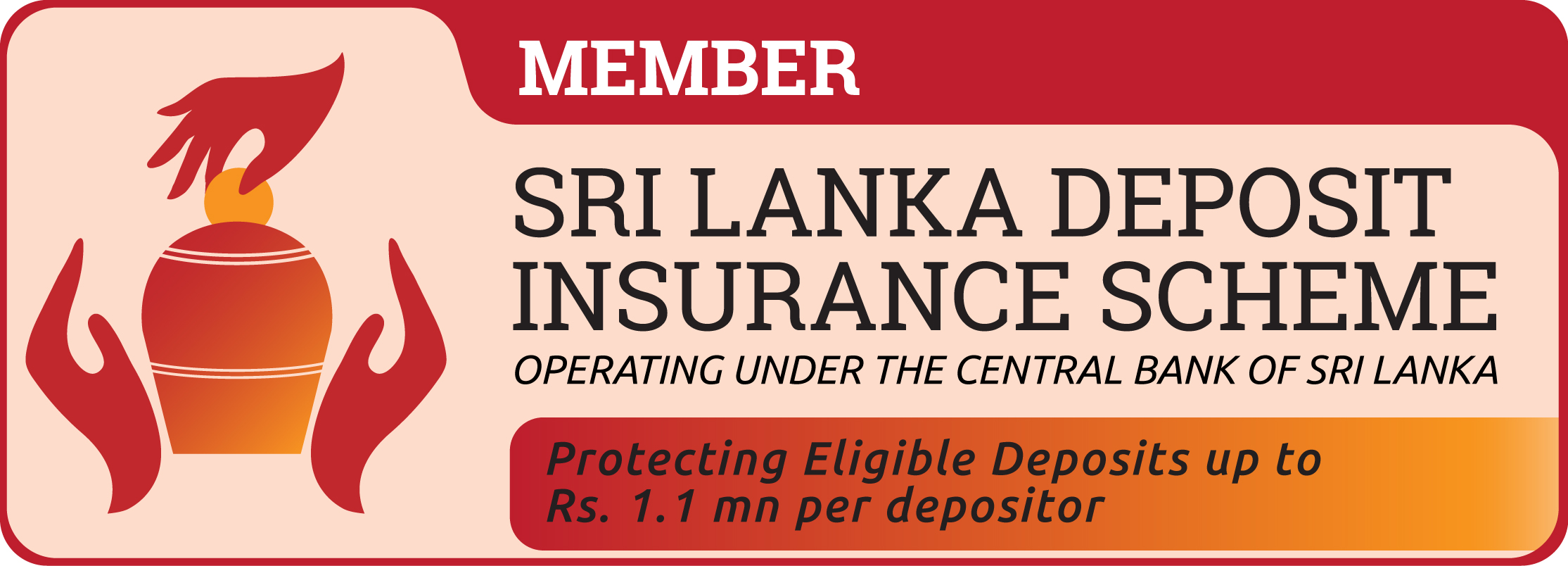
14-October-2025

Financial wellness begins with understanding your goals, habits, and mindset. Everyone manages money differently, and knowing your priorities can help you make informed decisions that align with both your present needs and long-term aspirations.
What’s Your Top Priority When Saving?
Saving money is personal, and your main motivation shapes your financial habits:
Emergency Fund: Be prepared for unexpected expenses and gain peace of mind.
Retirement Planning: Secure a comfortable future with consistent savings.
Travel & Lifestyle: Fund experiences without compromising financial stability.
Education & Growth: Invest in skills and knowledge for personal and professional advancement.
Identifying your top saving priority gives clarity and sets the foundation for disciplined financial planning.
How Do You Manage Money and Measure Financial Health?
Managing money is about daily choices and understanding what financial health truly means. Your approach reflects your values and long-term vision:
Saving for the Future: Prioritize stability and long-term security.
Enjoying Life Today: Allocate funds for present needs and experiences.
Balancing Both Needs: Find a healthy mix between enjoying today and preparing for tomorrow.
Paying Off Debts: Reduce liabilities to gain financial freedom.
Investing Wisely: Make informed decisions to grow wealth and opportunities.
Planning Ahead: Prepare for both expected and unexpected financial events.
By defining your approach to money and your understanding of financial health, you can make smarter decisions, optimize spending, and ensure your resources support both immediate goals and future aspirations.
Do You Create a Monthly Budget?
Budgeting is a cornerstone of financial discipline. A monthly budget provides clarity, control, and structure, helping you allocate resources wisely and track progress toward your financial goals.
People approach budgeting differently:
Always – keeps me on track: You have a structured plan, ensuring every expense is accounted for.
Sometimes – when possible: Flexible planning, used when convenient, yet still provides some control.
Rarely – only when needed: Reactive budgeting, applied mainly during financial challenges.
Never – I don’t budget: Spontaneous spending; may make it harder to save or achieve long-term goals.
By creating and following a budget, you gain insight into your spending habits, improve savings discipline, and build a clear roadmap for both short-term and long-term financial stability.
Take Charge of Your Financial Future
Your financial mindset shapes how you save, spend, and plan for tomorrow. By reflecting on these questions, you can identify strengths, address gaps, and develop a personalized financial strategy.
Start today by setting clear goals, adopting consistent budgeting habits, and making informed decisions to secure your financial well-being, achieve your aspirations, and build long-term financial resilience.

- No. 12. Edmonton Road
Kirulapone
Colombo 06
Sri Lanka. - 011 5411 411
-

 ↑
↑



